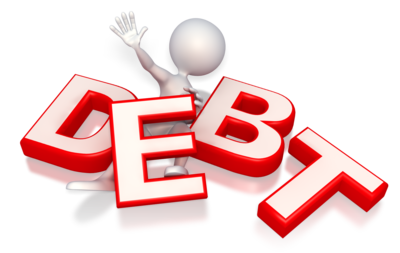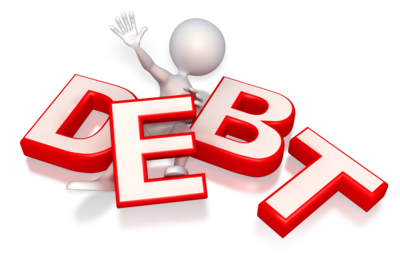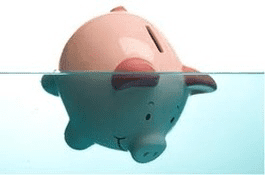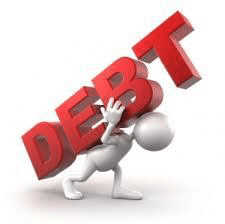|
The last forty years or so has seen credit become more and more a part of our lives in England. Back then only the more affluent people of UK society had mortgages and credit. But hire purchase had been around for 15 to 20 years and folks were getting used to purchasing goods this way. Somewhere between then and now everyone started to accept credit as part of their way of life. The culture of saving up and waiting to afford something gradually disappeared to be replaced with a ‘See it, want it, buy it’ mentality. And somewhere along the line debt was rebranded as credit but it is still money owed. Credit has become socially acceptable and in some ways this has compounded economic problems. In the past being the owner of a well managed credit card could lead to a regularly increased credit limit, like it or lump it. Consumers do not have to take up the offer of increased credit but it can be tempting if say you are struggling with a reduction in income. It may be all too easy to grab it fast and think of the consequences later. A constant stream of junk mail envelopes on UK doormats which offered loans and credit offered more temptation but these have dried up since the economic downturn of 2008. If you are "old school" you may feel that overall any credit is too much. The problem is that any credit reduces the income you have to survive on. Allow yourself to take on more credit than you can afford and your income will be reduced so that in a worst case scenario you may have to borrow just to make ends meet. A treadmill or downward spiral of debt follows. It is much better to consider credit wisely before agreeing any:
It's no good having credit which leaves you nothing to live on or which you can only afford if you work every hour god sends. Thinking ahead means working out if you could afford your credit even if you become ill for a short or long time. What about if you or your partner lost their job or had to take a reduction in hours? In the heady days leading up to the economic downturn some institutions lent mortgage seekers up to four times the main wage earner's income and 3 times their partners; totally unrealistic amounts of money which ultimately led to impossible payments. If you are a young couple who may be hoping to start a family in the near future these changes and extra demands on your income must be considered. Credit, like everything else in life, is personal and some people can cope on less money than others. However, you must sit down and work out exactly what you have going out on basics such as gas, electricity, water, council tax, food, insurances, clothes, transport, rent or mortgage and any other essentials. Many people do not actually realise until they see these figures written down just how much money goes out each week; and that is money that has to go out for essentials. You must bear in find extras such as dental treatment, prescriptions and spectacles. You will also need to take into account the usual increases which occur in your essential household bills each year. One of the ways you can calculate your debt, is by working out your ‘debt-to-income ratio’. This is the amount of debt you have set against your income. There is good debt and bad debt. When working out your debt to income ratio you can leave the good debt out or include it to see a full picture. If you want to work out just how much trouble you are in then it is often better to calculate the ratio using only bad debt. Check out Do you have too much debt for more details. Below is a calculation for working out your debt percentage: Let’s say you want to gauge your debt overload (bad debt only) Add the amount you spend each month on bad debt and divide it by your total monthly income. Multiply that number by 100 to come up with a percentage. The result is your debt-to-income ratio. Conclusion:
The debt to income ratio is rather difficult to understand at first. However once you have read it through a couple of times it is really very simple. The advice is basically as above but it gives you a range of figures to work on which will plainly show you whether you have too much debt or not. On the whole if you just use your common sense, always bearing in mind your other outgoings, it should be easy to work out what you can afford. Remember the old Mr Micawber saying from Charles Dickens “Annual income twenty pounds, annual expenditure nineteen pounds nineteen and six, result happiness. Annual income twenty pounds, annual expenditure twenty pounds ought and six, result misery.” The amounts and legal tender may have changed but the sentiment remains the same.
0 Comments
Leave a Reply. |
Archives
September 2021
Categories
All
|














